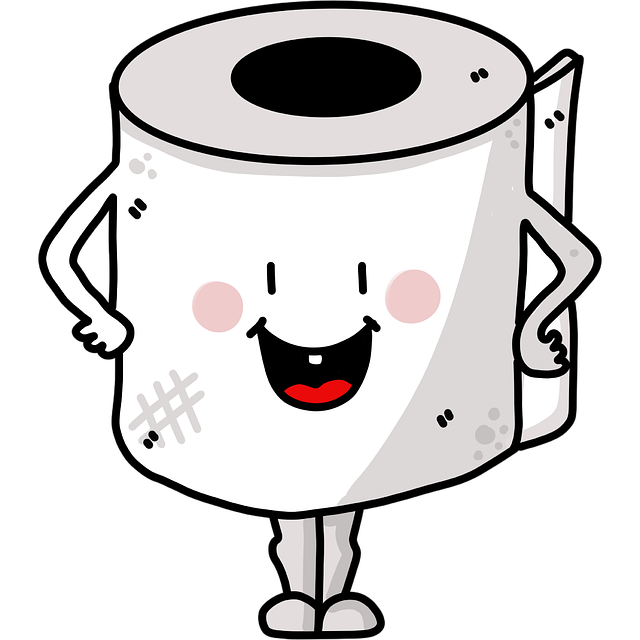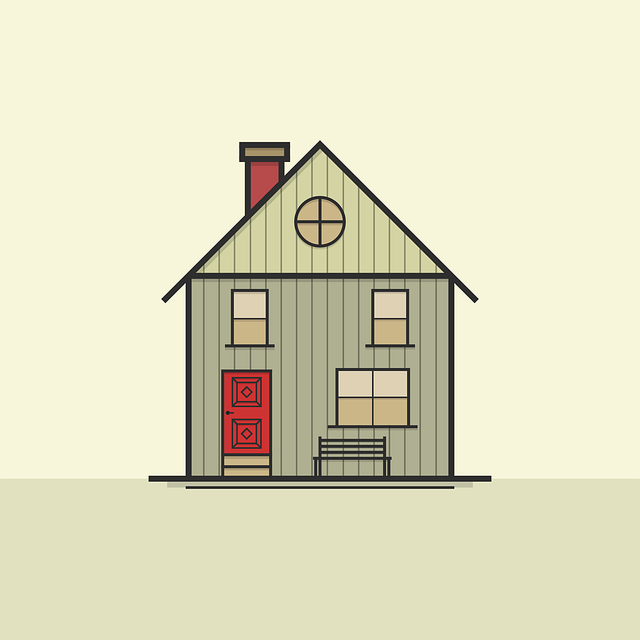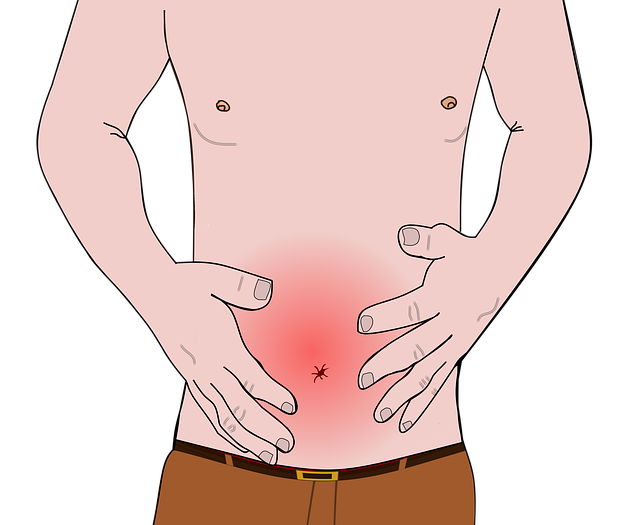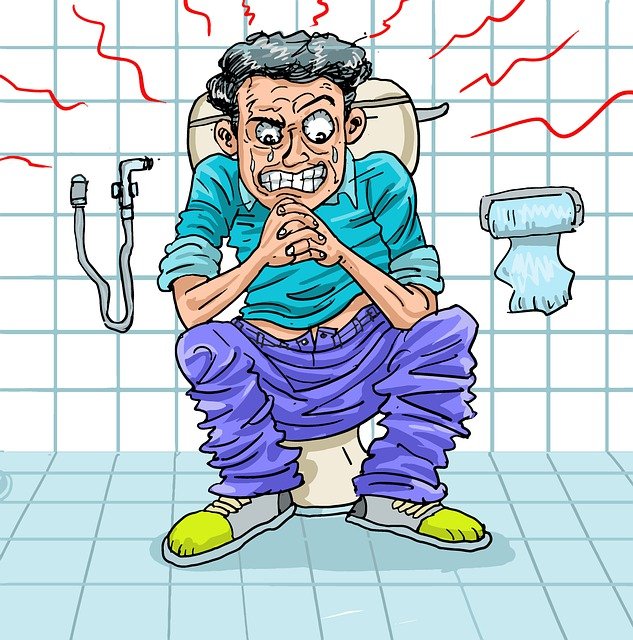
What Is Constipation
Elderly Constipation. Constipation in the elderly is becoming an increasingly common condition. Also, as we age, our body undergoes various changes, and decreasing efficiency of digestive system is one of them. Furthermore, unhealthy eating habits or changes in the diet can further slow down digestive processes, leading to constipation.
Constipation is the inability or difficulty to pass a bowel movement. Although there is no right number of bowel movements you should have. But, each person has a general understanding of what they deem as “regular.” Hence, a regular bowel movement is passed with ease. But, you could very well be constipated, if you’re straining or spending too much time in the bathroom,
The Causes of Constipation
Elderly Constipation. Numerous factors play a role in constipation. But the good news is, many of them can be easily addressed with lifestyle changes. Common causes of constipation include:
- Diet: A diet poor in fibre – along with foods you cannot tolerate – can contribute to constipation. Eating too much of processed or sugary foods, as well as having dental problems (which reduce the ability to properly chew food) can all contribute to constipation.
- Laxative overuse: Although laxatives can help you go, overusing them can do the opposite and lead to constipation. Because your body becomes dependent on laxatives to start a bowel movement, so when you don’t take them you get backed up.
- Lack of exercise: Not exercising regularly, or being bed-ridden for medical reasons, can contribute to constipation. Holding back: Holding in a bowel movement can lead to constipation and delay the actual release.
- Medical conditions: Constipation, as mentioned, is often a symptom of another health condition. Stroke, diabetes, IBS, and IBD, all cite constipation as a symptom.
- Medications: Some medications list constipation as a side effect, especially if you do not take them correctly. Iron supplements, diuretics, and some painkillers, to name a few, can all contribute to constipation.
6 effective home remedies for chronic constipation

Elderly Constipation. Constipation can often be solved with these 6 simple home remedies. But if the situation doesn’t improve fairly soon you need to address the problem. Therefore, it’s important to speak to your doctor in case constipation is a symptom of a more serious health condition.
1. Avoid constipating foods like:
- White rice and other refined grains
- Unripe bananas
- Tea (Tea may cause constipation when taken in excess. Tea may have both negative and beneficial effects on digestion. Both black and green tea have been used traditionally to promote digestion, treat flatulence and reduce negative digestive symptoms such as diarrhoea and vomiting).
- Cheese
- Chocolate
2. Regularly eat (and drink) foods like:
- Beans
- Whole grains, especially bran
- Vegetables
- Fresh and dried fruit
- Nuts
- High-fibre foods
- Water softens stool and stimulates the bowel
*Important
Suppose your doctor informs you that constipation is caused by a nerve or muscle problem. He may recommend that you eat less fibre. And therefore, use medication that adds water to the colon to soften the stool.
3. Exercise regularly and as vigorously as possible
Exercise and regular physical activity is great for overall health, so it’s no surprise that it also helps regulate the digestive system.
4. Establish a regular bathroom time and also respond immediately to the urge to go
It’s a good idea to have a daily routine where you at least “try” to go at the same time every day. But anytime you feel the urge, you should still go immediately.
5. Take a daily soluble fibre supplement
Add a soluble fibre supplement like Benfibre or Metamucil to beverages. Also, today’s formulas are easier to take because they dissolve completely, aren’t gritty, and don’t thicken beverages. Furthermore, they also come in flavourless options that can be added to any beverage.
6. Use laxatives properly
Research showed that long-term use of stimulant laxatives like Senokot or Dulcolax shouldn’t harm the colon or cause dependence. Also, provided they’re used in recommended amounts. Hence, it’s essential for older adult’s to get doctors to approve the laxative, recommend an appropriate dose. And continue to monitor you as long as your taking it.
Complications of severe constipation in the elderly include:
- Stool impaction.
- Stool incontinence.
- Overflow diarrhoea.
- Anal fissures.
- Hemorrhoids (piles).
- Others include rectal prolapse, rectal ulcers, intestinal obstruction, or intestinal perforation.
In Conclusion The Outlook for Older Adults
Most people will experience constipation at some point in their lives. But chronic constipation is much more common in older adults and those living in nursing homes. So then, maintaining a healthy high fibre diet and getting regular exercise can help. But injuries, medications, and general ageing issues can make avoiding constipation difficult.
However, there are many treatments available for constipation. if you’ve tried over the counter (OTC) methods without relief, talk with your doctor about additional treatment. This can help you avoid complications like bowel obstructions, perforations, and gastrointestinal bleeding. Don’t be frightened to talk to your doctor about constipation. Because, left unchecked it can cause much more serious conditions.
Important Note *
Remember that everyone is different, and it is ultimately YOUR RESPONSIBILITY to find what your body responds to. So please do your due diligence before trying anything new, including getting Medical Advice to ensure your safety and peace of mind.
Connect with me and leave a comment or two on my social media.

